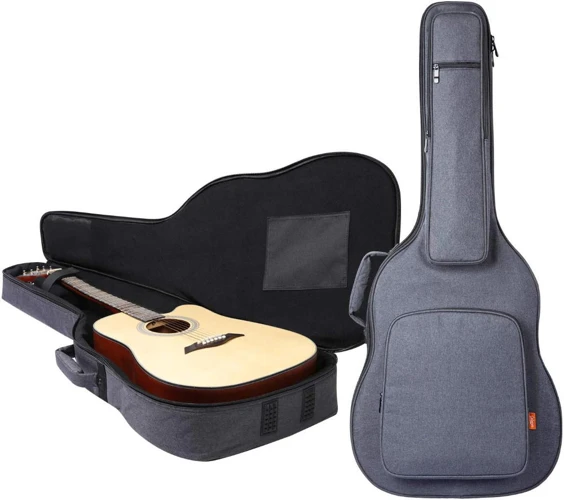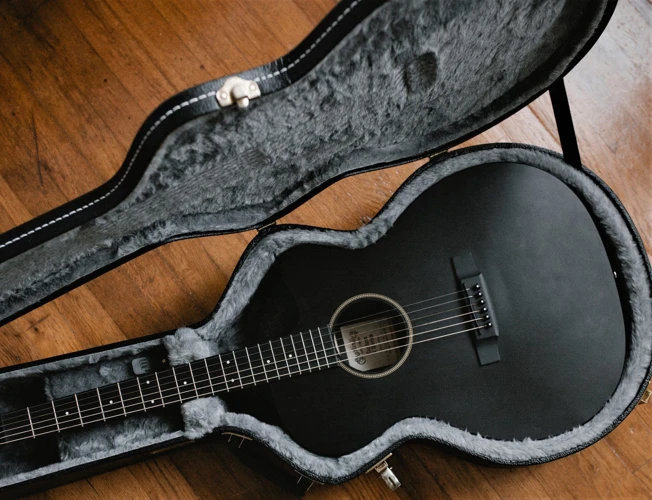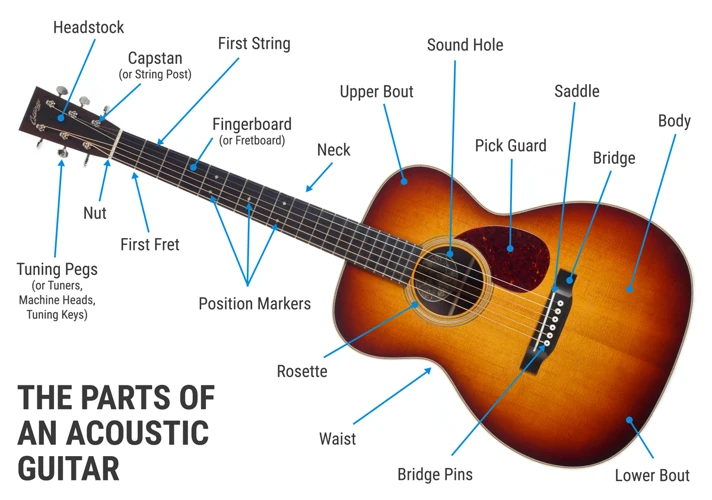As a guitar player, you know how important it is to protect your instrument. A good guitar case is essential for keeping your guitar safe from damage during transportation and storage. But with so many options available, how do you choose the right one? In this blog post, we will help you navigate the world of guitar cases and provide some tips for selecting the perfect case for your needs.
Materials
The first thing to consider when choosing a guitar case is the material it is made from. The most common materials are wood, plastic, and fabric. Each has its own advantages and disadvantages.
Wood
Wooden cases are the traditional choice for guitar protection. They are sturdy and offer good protection against impacts and drops. However, they are also heavy and can be expensive. Wooden cases are best suited for professional musicians who need to transport their guitars frequently and want the highest level of protection.
Plastic
Plastic cases, also known as ABS cases, are a lightweight and affordable option. They are less sturdy than wooden cases, but still offer good protection against minor impacts and weather conditions. Plastic cases are a good choice for beginner guitarists or those who don’t need to transport their guitar frequently.
Fabric
Fabric cases, also known as gig bags, are the lightest and most affordable option. They offer minimal protection against impacts, but are sufficient for short distances and indoor storage. Fabric cases are best suited for guitarists who only need to transport their guitar occasionally and don’t want to carry a heavy case.
Fit and Finish
Once you have decided on the material, it’s important to make sure the case fits your guitar properly. A case that is too small or too large will not provide adequate protection. Look for a case that is specifically designed for your guitar model or has adjustable interior padding. Also, make sure the case has enough room for accessories such as straps, cables, and tuners.
Compartments and Pockets
A good guitar case should have multiple compartments and pockets for storing accessories. Look for a case with a large main compartment for the guitar, as well as smaller compartments for cables, tuners, and other items. Some cases also have external pockets for sheet music or other documents. Make a list of the accessories you need to carry and make sure the case has enough storage for them.
Handles and Straps
The handles and straps of a guitar case are often overlooked, but they are an important consideration. Make sure the handles are sturdy and comfortable to hold. If the case has a shoulder strap, make sure it is adjustable and padded for comfort. If you plan to transport your guitar frequently, look for a case with a built-in backpack strap system for added convenience.
Locking Mechanisms
If you plan to travel with your guitar, consider a case with locking mechanisms. This will provide an extra level of security and prevent unauthorized access. Look for a case with TSA-approved locks, as these will be accepted by airport security.
Price
Finally, consider your budget when choosing a guitar case. Prices can range from $50 to $500 or more, depending on the material, brand, and features. Determine how much you are willing to spend and look for a case that offers the best value for your money.
Looking for the best way to protect your guitar? Check out our articles on the best humidifiers for guitar cases and affordable acoustic guitar cases to ensure your instrument stays safe and sound. Want to enhance your country guitar playing? Learn about hybrid picking technique and explore budget pedals that can elevate your sound!
Conclusion
Choosing the right guitar case is an important decision for any guitarist. By considering the material, fit and finish, compartments and pockets, handles and straps, locking mechanisms, and price, you can find a case that meets your needs and protects your guitar for years to come.
Remember, a good guitar case is an investment in your instrument and your music. Take the time to research and choose the right one, and your guitar will thank you.





